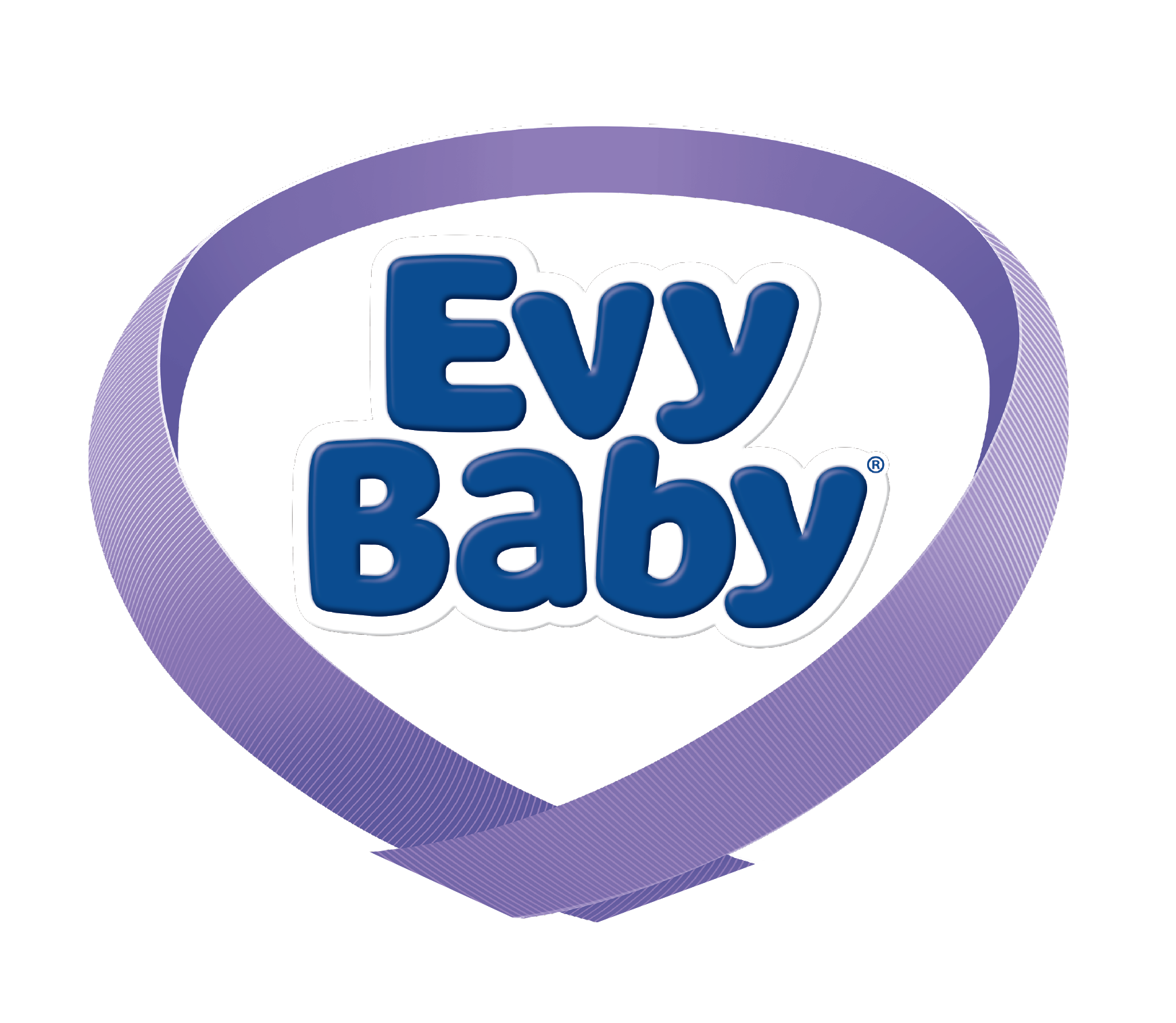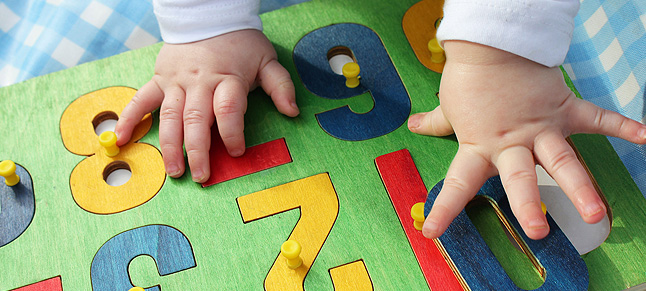

There are certain stages of motor development, during which it improves step by step. Being informed about these stages is essential for parents. For this reason, this week at Mom’s Land, we would like to review development of babies and kids between 0 and 5 ages in terms of their motor skills development, development of language, conceptual development as well as social/emotional development.
How healthy is my baby’s motor development?
First of all, let us look at what we mean when we talk about motor skills.
There are two types of motor skills: fine motor skills and gross motor skills. Gross motor skills are functional in using muscle groups which enable us to perform activities such as walking, running, sitting, standing and changing position. Fine motor development on the other hand, involves performing activities which use smaller muscle groups in the hands and fingers such as eating, writing-drawing, dressing, which require much more sensitivity.
In addition to that, development of language, conceptual development and social/emotional development are all part of motor skills development.
Language development comprises of skills like using body language and facial expressions to express what is wanted, understanding what others say, speaking and communicating. Conceptual development is related to thinking skills such as learning, understanding, problem solving, reasoning and recalling. Social and emotional development involve communicating with others, establishing relationships with family / friends / teachers, cooperating with them, showing different/appropriate emotions depending on the situation and caring about others' feelings.
Between 0-2 months, hands and feet move actively. Your baby cries when she needs something. Her eyes follow the objects and she can have eye- contact.
In 4th month, she can reach out to objects and grasp them. She can clasp her hands, take objects to her mouth. She turns her head towards the voices she recognizes. She enjoys looking at herself in the mirror, smiling at herself. She likes persons who have eye-contact with her. She can calm herself.
In 6th month, she starts sitting on her own. She can grasp objects by both hands one object being in each hand. She can turn over while lying on her back. She starts voicing syllables. She reacts when called by her name. She starts making sense of the tone of people’s voices. Her awareness of the things around herself and of her environment increases. She can show/express her happiness and unhappiness.
In 9th month, she starts crawling and walking with support. Now she is able to distinguish the words she hears often. She starts imitating voices and movements/actions. She examines objects more carefully. She plays and pays attention to warnings.
In 12th month, she is able to stand on her own. She can put small objects into boxes. She starts eating on her own. She knows what mother and father means. She takes warnings into consideration and she can show it when she gets bored.
When she is 15 months old, she can walk without support and she can climb. She wants to eat on her own. Her vocabulary gets richer. She shows what she wants by pointing her finger. She gives kisses. She listens to stories told by others.
In 18th and 19th months, she begins scribbling. She can kick the ball in front of her. She enjoys eating alone. When asked, she can show the locations of some basic organs. She can perform simple commands and she can refuse you if you intervene.
Between 20th and 24th months she can draw circles and straight lines. She can turn the pages of a book one by one and look at the pictures. She washes her hands and dries them. She can make up sentences with 3-4 words. She speaks at least 20 words. She starts repeating the words she hears. She complies with the commands. She can recognize objects and helps simple housekeeping. Once she fixes a mistake, she does not repeat it.
If the baby’s development is not progressing in line with the stages explained above, you should consult a doctor. Some of the developmental disorders may be treated much easier when diagnosed early.